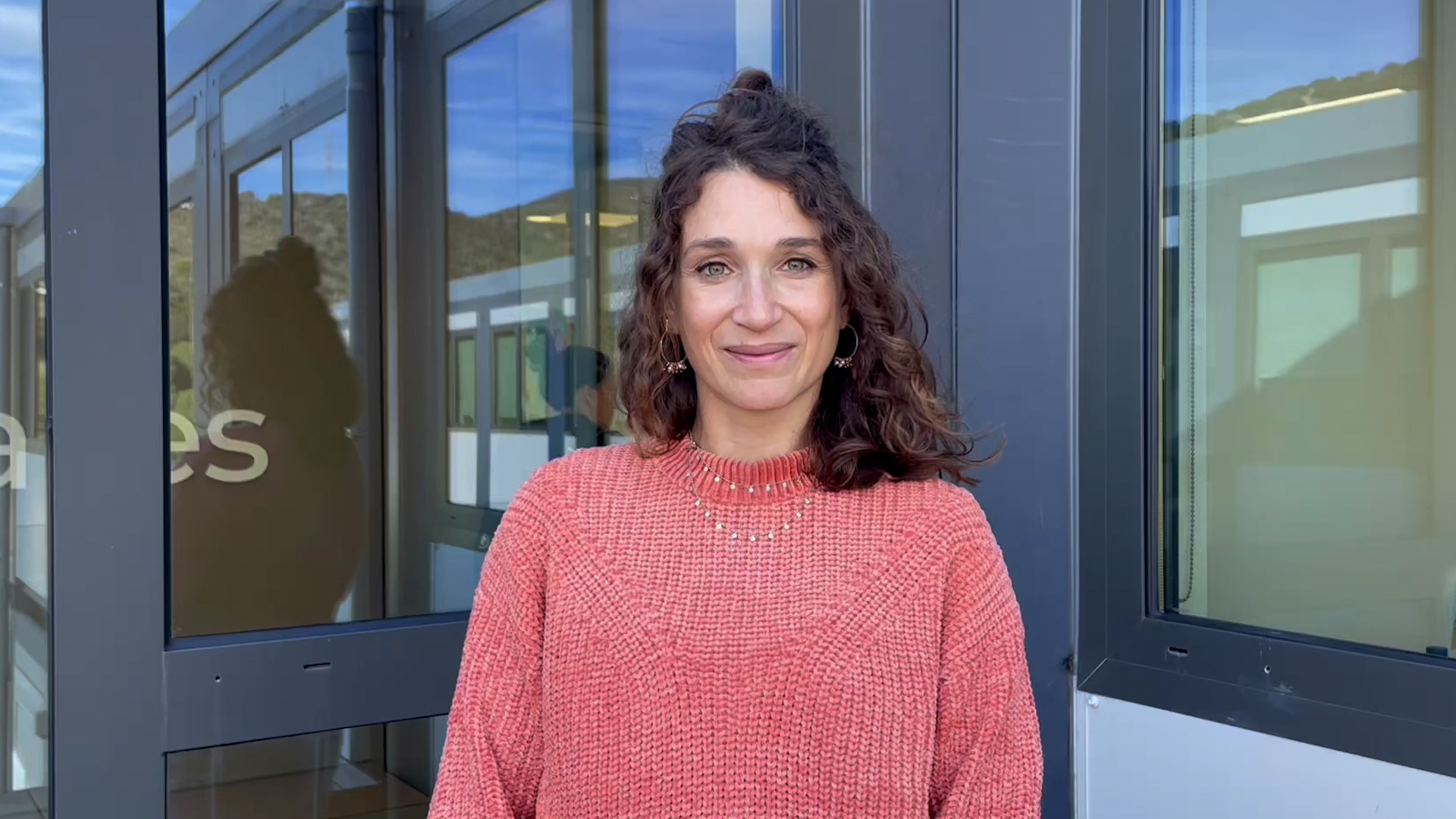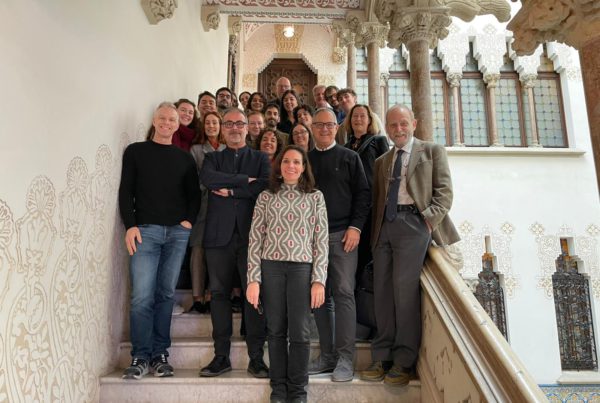
What is your role within MISTRAL?
Hello, I’m Alessandra Borgognone, a senior research scientist in the Microbial Genomics group at IrsiCaixa. My involvement in the MISTRAL project revolves around performing metagenomics data analysis, particularly within the work packages focused on exploring the role of the gut microbiome in HIV vaccine strategies. I also collaborate to following data integration across various work packages, employing statistical and computational methods to extract meaningful biological insights from large-scale datasets. This implies continuous collaboration and discussion with other consortium members, leveraging their complementary expertise in tasks ranging from patient recruitment to result interpretation within MISTRAL.
What results have you achieved so far?
Within work package 2, our research has demonstrated that vaccination with HTI, an HVI T-cell vaccine, can lead to an increase in anti-inflammatory bacteria in the mouse gut microbiota. This suggests the adaptability of the gut microbial milieu to systemic inflammation induced by T-cell vaccine administration. Additionally, in a recently published study, we found that depletion of the gut microbiota using antibiotics in a mouse model did not result in differential T-cell responses after HTI vaccination. As a next step, we plan to conduct new experiments to assess whether the T-response induced by the HTI vaccine can be modulated, both increased and decreased, using probiotics.
Preliminary evidence from work package 3 indicates differential gut microbial signatures associated with longer periods without antiretroviral treatment in a randomized placebo-controlled trial with HIV-infected patients receiving a combination of HTI vaccines. While these results are promising, they remain preliminary, requiring consideration of other variables and confounding factors for validation and confirmation. Collaborating with other consortium partners, we have started to build a framework for data sharing and integration based on available multiomics datasets from a previous vaccine trial conducted at IrsiCaixa, which will be valuable for upcoming multilayer analyses within MISTRAL.
What do you expect from the project in the short and long term?
In the short term, we aim to finalize pending patient recruitment and sample processing across various work packages, obtaining the planned datasets for the MISTRAL project. Another crucial goal is to validate host and microbial signatures associated with vaccine-induced viral control from a previous IrsiCaixa study within the MISTRAL cohort. Looking ahead, our broader and long-term perspective involves discovering novel biomarkers, both host and microbial, to support the development of HIV interventions, enhancing responses to vaccines and therapies. We also aim to integrate these biomarkers and data produced across work packages into an open-access web-based repository. This repository will automate microbiome analyses and interpretation, facilitating patient stratification for both research and clinical purposes.










